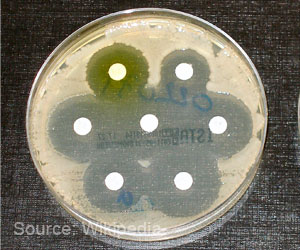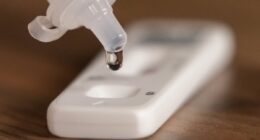
According to the World Health Organization, over-prescription of antibiotics has led to growing resistance of bacteria towards drug treatments. As a result, the newly evolved “superbugs” have put a large strain on health-care systems globally, says Zarifi, who teaches at the School of Engineering.
This newly developed sensor aims to combat the drawbacks of the current antibiotic susceptibility test (AST), as it reduces the time and cost taken to conduct the test, while increasing the portability for AST to be used in remote regions.
As existing AST practices are expensive and can take up to 48 hours to process results, it can delay the treatments patients receive, which can lead to further medical complications or even fatalities.
The new sensor will differentiate bacterial growth variations before any visible cues are evident. Therefore, the dosage or type of antibiotics can be fine-tuned to combat the specific bacterial infection. This research has been published in Nature Scientific Reports.
READ RELATED: What Are The Reasons Behind Your Frequent Headaches?
In the next phase of development, researchers aim to integrate artificial intelligence algorithms with this sensing device to develop smart sensors, which would be a big leap towards personalized antibiotic therapy.
The more quality tools like microwave sensing technology can help health-care practitioners to combat bacteria and viruses at their disposal.
Source: Medindia
Source:










